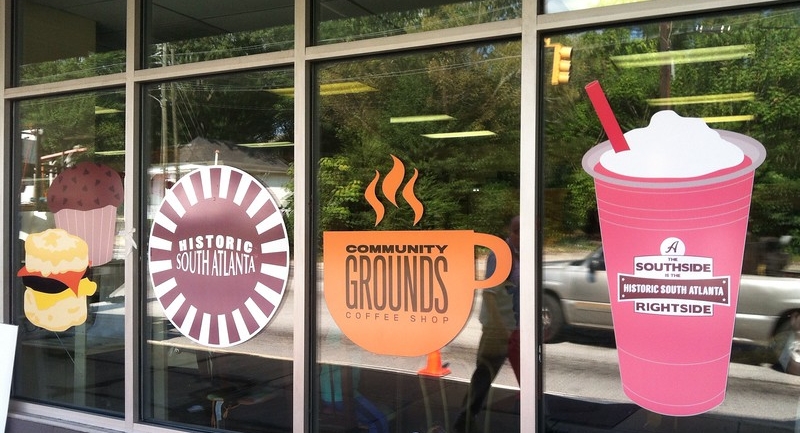
“Are you a business or a mission?” she asked me. She served as the board chair of an organization that has invited FCS to help them transition from a relief program to a community development organization. FCS, through the Lupton Center, helps organizations like this one manage the process of creating sustainable organizational and community change.
“Are good business and good ministry mutually exclusive?” I asked in response.
It is tricky ground, this balance between for-profit and nonprofit. Especially for those of us in the faith community. We are driven to respond compassionately to needs we encounter without asking for anything in return. In fact, organizations often ask business leaders to leave their experience at the door as they enter the boardroom. At FCS, we recognize that good business principles often strengthen the work of ministry.
One organization we’re working with began their work in Haiti after an earthquake devastated the country eight years ago. Since then, they have been serving faithfully three communities by providing four to five free medical clinics per year. But they recognized that their model of relief was having little impact on changing the community. They asked the question: what does it mean to move from relief to development? Now, two years later, they’re assisting the community in building their own permanent clinic, which will be staffed by Haitian doctors. They are building programs and partnerships to address acute illnesses, employment, water treatment, recycling, and disease reduction. They are doing all of this great work within the context of community engagement with great business sense.
We know from decades of experience that solely relief-based ministry will not truly address chronic need. Relief aims to reduce immediate symptoms of pain. When dealing with crisis, relief is the right answer. But chronic need requires a sustained response that includes economic catalysts like jobs, businesses, lending, and planning.
For instance, FCS no longer has a job-readiness program. Over time we learned that job-readiness without a job in place did not really solve any problems for the participant. Now, FCS has local jobs via our businesses that also serve the neighborhood! This change required FCS to partner with business leaders to help us shape our programs so that they are more sustainable.
Does FCS still require strong donors? The answer is yes! We do not open businesses like Carver Market or Community Grounds without the help of donors that subsidize our projects. We don’t provide affordable rentals in our neighborhoods without donors that understand their gifts enable the affordability. But for every dollar donated to FCS, we create two more dollars in program income. By establishing sustainable business models in real estate and food service, we can help to create homes, businesses, and jobs that impact hundreds of our neighbors every day!
Thank you for your support of FCS and our “business-minded” mission. We know it is out of the ordinary to support this type of cause, but we are grateful that you do. Your investments are reaping benefits all over the world!
If you are interested in seeing some of those outcomes first-hand, let me know. I would gladly share a cup of coffee at Community Grounds and show you what your investment is creating in South Atlanta.











